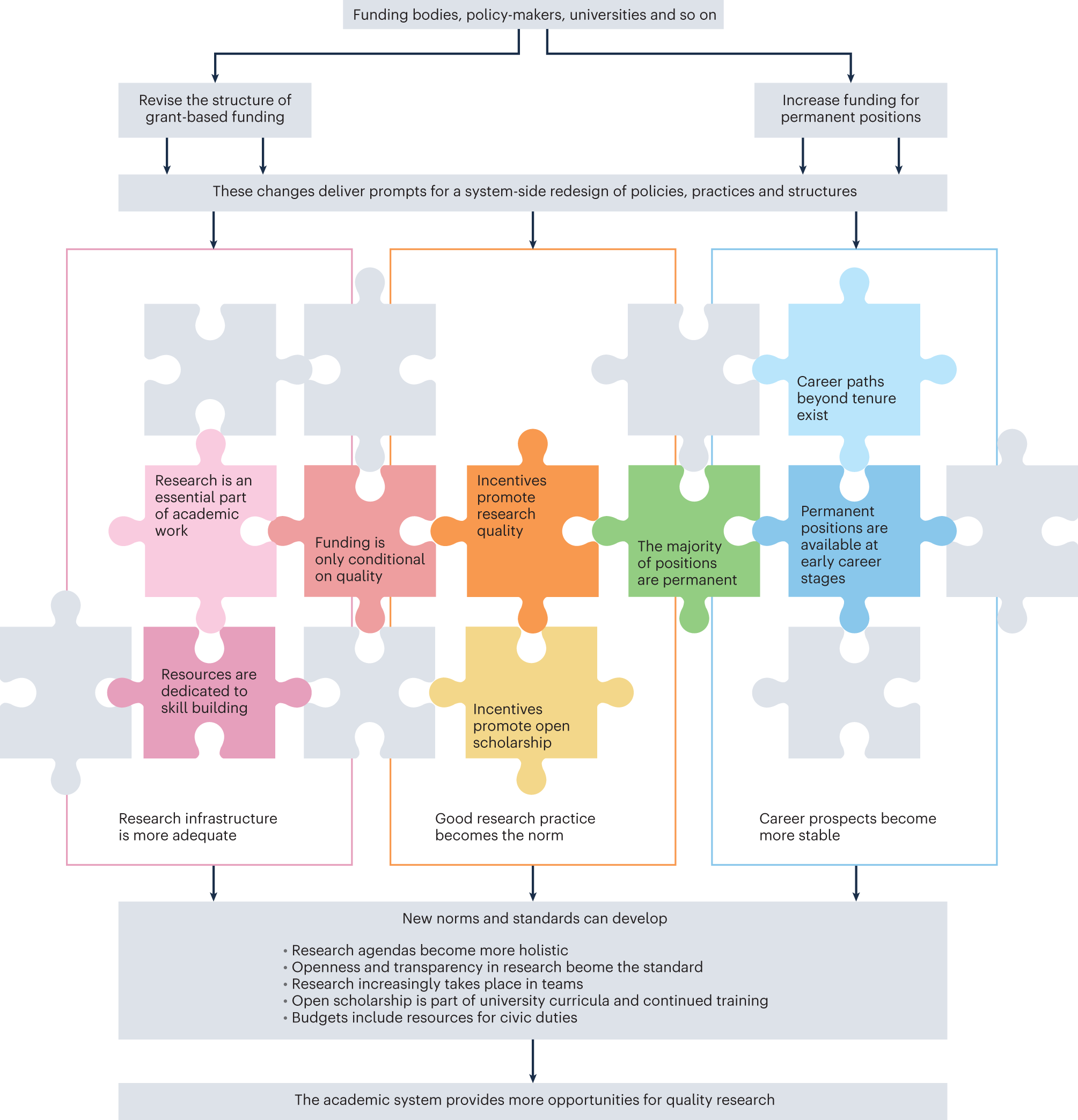Where to Locate High-Quality Academic Resources for Your Research
Identifying high-grade academic resources is crucial for rigorous research study, yet browsing the vast landscape of offered products can be discouraging. Additionally, on the internet scholastic data sources like JSTOR and PubMed accumulated scholarly short articles, while open gain access to journals give more inclusive access to research study searchings for. Recognizing how to leverage these resources successfully can significantly impact your research results.
University Libraries

Beyond physical collections, college libraries commonly offer specific research aid, including consultations with librarians who have subject experience (Docentra). This assistance can dramatically enhance the effectiveness and effectiveness of the study process, enabling customers to browse complex information landscapes with greater simplicity
Furthermore, lots of collections give accessibility to rare and archival materials, which can be important for sophisticated research study jobs. Such special sources usually consist of key records, manuscripts, and historic collections that are not readily offered in other places.
Furthermore, university collections regularly organize workshops and workshops targeted at enhancing info literacy skills. These initiatives encourage pupils and professors to critically assess sources, an essential skill in today's information-rich environment. On the whole, college collections not only function as databases of expertise however likewise act as vibrant centers that promote academic development and technology.
Online Academic Data Sources
In the realm of scholastic study, on the internet academic data sources play an essential role in providing pupils and scholars with instant access to a wide range of scholarly short articles, journals, and various other important resources. These electronic databases work as central platforms where customers can effectively search for peer-reviewed literary works across various self-controls.
Popular data sources such as JSTOR, PubMed, and Scopus host extensive collections that cover a wide range of subjects, from the liberal arts to the sciences. Docentra. By using sophisticated search functionalities, scientists can refine their questions, filter results by magazine date, and accessibility citation tools, consequently enhancing the research study process's effectiveness and accuracy
Additionally, many databases supply features like signals for new publications and the capacity to save and arrange write-ups, even more simplifying the research experience. Memberships to these data sources are typically given through academic establishments, granting trainees and professors members unrestricted accessibility to costs content.
Open Gain Access To Journals
Significantly, scientists are turning to open up accessibility journals as a corresponding source to traditional academic databases. These journals offer an important platform for distributing research study searchings for without the monetary barriers typically connected with subscription-based magazines. Open up gain access to designs enable complimentary on the internet access to scholarly short articles, guaranteeing that research is available to a larger audience, consisting of experts, policymakers, and the public.
The top quality of open gain access to journals has considerably improved, with many sticking to strenuous peer-review processes and being indexed in credible databases. This shift has actually promoted higher transparency and cooperation in the academia, as researchers can share their job quicker and receive responses from varied perspectives.
In addition, the spreading of open gain access to journals aligns with the international motion towards open scientific research, promoting the concept this hyperlink that publicly funded study must be easily available to all. Scientists seeking high-quality scholastic resources need to think about trusted open access journals, such as those detailed in the Directory of Open Accessibility Journals (DOAJ) or those published by identified academic cultures. By integrating open gain access to journals into their research study strategies, scholars can improve the visibility and effect of their job.
ResearchGate and Academia.edu
ResearchGate and Academia.edu have arised as critical systems for academic networking and understanding sharing, with numerous researchers leveraging these websites to share their work and link with peers. Both platforms enable customers to create profiles that useful link display their magazines, research passions, and scholastic achievements, assisting in greater exposure within the academic area.
ResearchGate, established in 2008, concentrates on promoting collaboration amongst researchers through features such as study partnership devices, project sharing, and question-and-answer online forums. Individuals can post their papers, participate in conversations, and adhere to the job of others, enhancing the collective capacity of their research study. The system additionally provides metrics on paper visibility and downloads, enabling scientists to assess the influence of their job.
Academia.edu, launched in 2008 as well, operates similarly however highlights the sharing of academic papers. Individuals can comply with certain research study subjects and obtain updates on brand-new magazines within their locations of rate of interest. In addition, Academia.edu supplies analytics on viewers involvement, aiding scientists comprehend their target market better.
Both platforms serve as important resources for accessing premium academic content and fostering connections that can bring about impactful collaborations.
Google Scholar and Beyond
Academic networking systems like ResearchGate and Academia.edu play a significant function in sharing research study, however Google Scholar provides a different measurement by offering as a thorough internet search engine for academic literature. It indexes a vast selection of resources, including peer-reviewed short articles, theses, publications, meeting procedures, and patents, making it an important device for scientists across techniques.
Google Scholar supplies various features that boost research study have a peek at this site efficiency. The citation monitoring function permits individuals to see exactly how frequently a paper has actually been mentioned, providing understandings into its influence within the academia. In addition, the "associated write-ups" function helps scientists discover comparable studies, assisting in a more extensive expedition of a topic.

Conclusion
In verdict, accessing premium academic sources is important for strenuous research. College libraries supply extensive collections and experienced assistance, while on-line academic data sources such as JSTOR and PubMed centralize scholarly write-ups. Open accessibility journals remove monetary obstacles, fostering broader dissemination of understanding. Systems like ResearchGate and Academia.edu enhance partnership amongst researchers. Google Scholar offers thorough search capabilities and citation tracking. Making use of these sources collectively can substantially boost the quality and depth of scholastic study.
Comments on “The Benefits of Using Docentra for High-Quality Learning Resources”